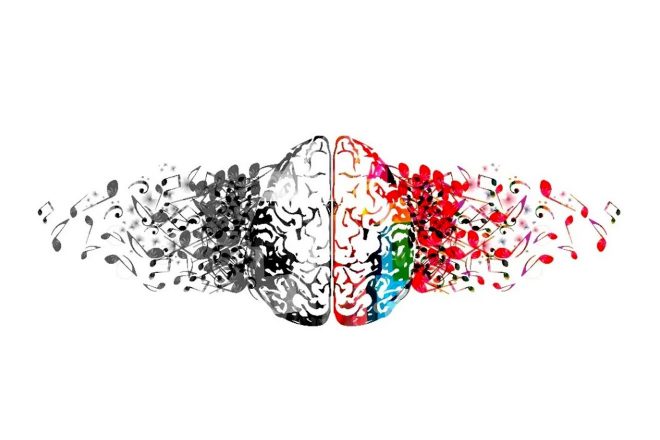New study reveals how cultural transmission influences the evolution of music
Latest findings suggest that the limitations of our brain processing abilities play a pivotal role in the creation and evolution of music

A recent study suggests that the limitations of our cognitive abilities can significantly influence how we interact during the process of music creation, thereby impacting its evolution. The findings were published in the academic journal, Current Biology in March.
The research team, comprising scientists from the University of Oxford, the University of Cambridge, and the Max Planck Institute for Empirical Aesthetics, utilised singing experiments to conduct the most extensive cultural transmission study on music evolution ever.
Dr Manuel Anglada-Tort, Lecturer at the University of Oxford, stated: "Singing is a universal mode of musical communication, practiced by all cultures and ages, even in infants. For most of our history, oral transmission was the main mechanism by which songs were passed down human generations.
"We believe that cross-cultural commonalities and diversities in human song emerged from this transmission process, but thus far it has been difficult to test how oral transmission shapes music evolution."
The researchers devised an innovative method that simulates the evolution of music through singing experiments, wherein melodies are transferred from one singer to the next. Over time, participants make mistakes while attempting to replicate the melodies they hear, thereby gradually and systematically influencing the evolution of music. This technique allowed the researchers to examine the evolution of music in unparalleled detail, quantifying the evolution of 3,424 melodies transmitted across 1,797 participants in the USA and India.
The study revealed that oral transmission has significant effects on the evolution of music, with the emergence of musical structures consistent with common musical features observed across various world cultures. Through several controlled experiments, the researchers discovered that this occurrence is due to our human limitations in producing and processing music. For instance, musical elements that are challenging to sing, like large pitch intervals, or difficult to remember, like unfamiliar melodies, are consistently less likely to survive the transmission process.
Contrary to the endless possible patterns of music, the researchers discovered that 'human transmission biases' in reality, guide vocal music towards structures that are easier to learn and transmit. They found that individual participant biases, including biological and cognitive factors, serve as significant impediments to evolution through oral transmission.
Dr Nori Jacoby, Research Group Leader at the Max Planck Institute for Empirical Aesthetics who oversaw the study, stated: "This work demonstrates the benefits of combining large-scale online data collection with innovative psychological paradigms to explore cultural transmission processes in unprecedented detail."
The findings offer new insight into how cultural transmission can accentuate shared individual biases, contributing to the remarkable diversity of forms observed in human songs across cultures. It is plausible that similar mechanisms influenced the evolution of musical systems by early humans perceiving and creating music. These findings could also have implications for the study of other behaviours resulting from cultural transmission, such as bird song or human language.


